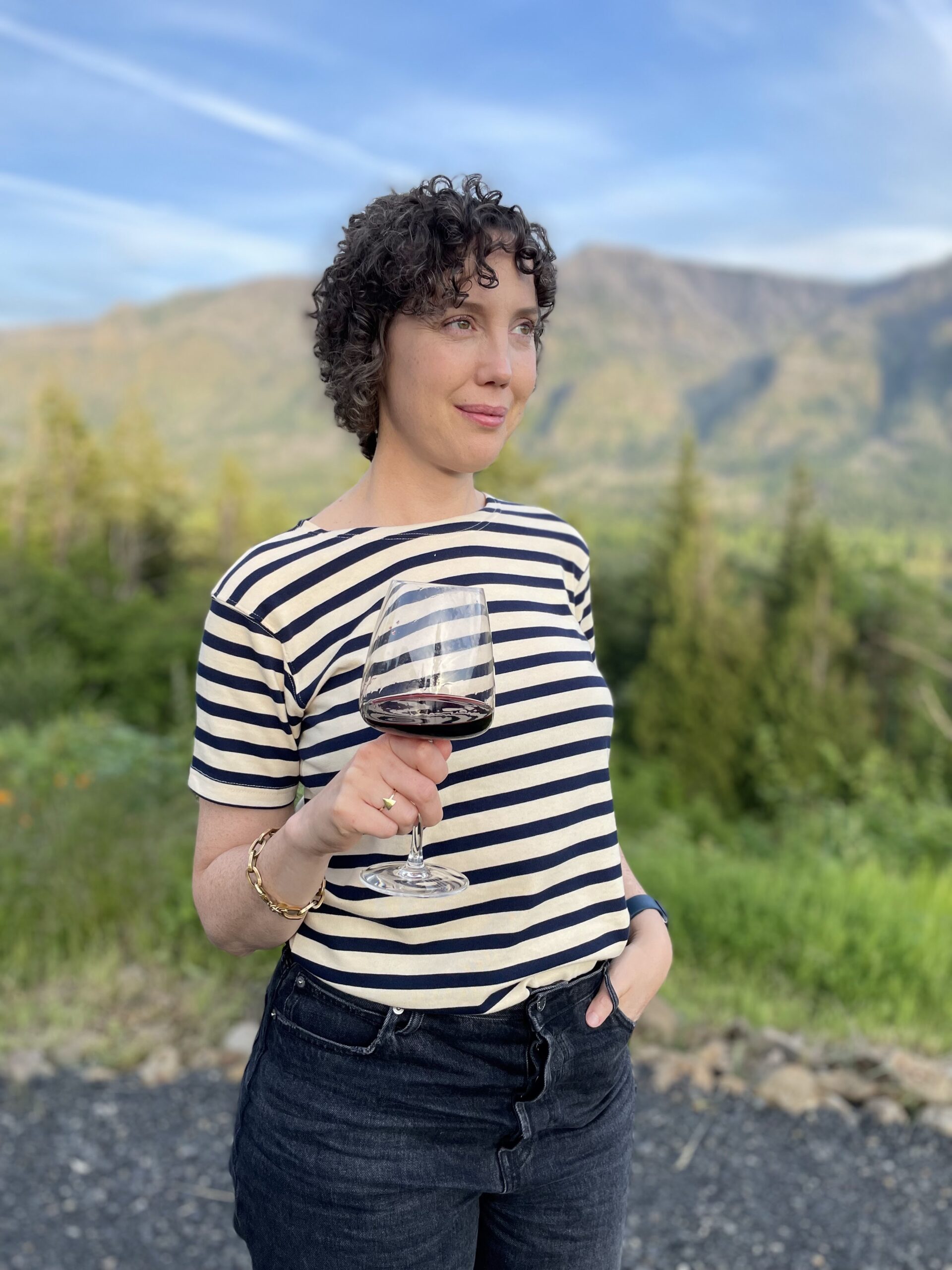

July 2022
On October 1st of 2020, as I lay on my hospital bed recovering from a three-hour abdominal debulking surgery, which included the removal of my uterus, ovaries, and omentum (I didn’t know what that was until I lost it), I learned from my gynecologic oncologist that I have a super power. Apparently, I can walk around with two tumors the size of cantaloupes and feel perfectly fine. Not many people can claim that.
I felt great when I went in to see my primary care physician a month earlier about some lumps in my lower abdomen. I had almost canceled the appointment because I was busy with work. I figured the mild bloating in my stomach was simply due to my body changing now that I was in my early 40s. My doctor was not too worried, but fortunately she was both thorough and cautious; so, she ordered a series of tests. Two weeks later, after an X-ray, ultrasound, and CT scan, she called me with the terrible news that I appeared to have cancer, although they could not be certain about this until after surgery. She sent a referral to a gynecologic oncologist who made it clear that this was serious and was able to get me into surgery a week after meeting with him. Through all this I clung on to some hope that maybe the masses were benign. But then the pathology report came back and it stated I had either stage 3C ovarian or stage 4B uterine clear cell carcinoma. They could not be certain of the origin.
So, what did that mean exactly? As in, was I going to live or what? I was sitting with my partner, Hang (“Hung”), on the couch in our living room with the gynecologic oncologist on speaker phone. I couldn’t wait for the two-week post-surgery office visit to get some answers. He agreed to go over the results beforehand. He let us know that regardless of whether it was ovarian or uterine cancer, the outlook was the same: 10% chance of being cured with an average survival rate of about 3 years.
That was a sh*** day. Lots of crying was involved.
Next came a difficult month of recovery, then surgery to place a port, six rounds of chemotherapy, radiation treatment, copious blood draws, a couple of scans, quarantining from friends and family, lots of mask wearing, and some vaccines plus boosters. Oh, and anxiety. Severe, prolonged anxiety. I often told my therapist, “I think I could have handled either cancer or a COVID pandemic one at a time, but the combination of the two pushed me over the edge.” My white blood counts remained inexplicably low for months after treatment. I was told to be extra cautious to not catch COVID. Being physically separated from friends and family during the most challenging time of my life took a toll on me mentally that I don’t want to dwell on. But I think all of us who had to go through treatment during the height of the pandemic had a lousy deal.
Fast forward to November 2021, eight months after ending treatment. I had no symptoms, but my gynecologic oncologist recommended I get a CT scan to check for recurrence anyway. The scan showed growths on my liver and abdomen. This means I am terminal. Although I think the term people use now is “incurable.” Whatever you call it, cancer is most likely going to kill me. This will happen sooner than I want it to. I’ve accepted that. The good news is that the tumors are growing slowly. For now, anyway. It’s been seven months since we learned I have a recurrence, and I have chosen to postpone restarting treatment for as long as I can. I feel normal. I even run in the park and do workout videos. Hang and I are taking lots of vacations and going out to dinner with friends. We bring the tumors with us everywhere we go. Honestly, I thought I would be very sick by now. I worried that I wouldn’t make it through the summer. But today is a sunny day, and I’m in my backyard typing this story feeling healthy and content.
“Make plans, just be prepared in case you need to cancel them.” This is sage advice my gynecologic oncologist recently gave when Hang and I told them we are considering a trip to France in the fall. We were not sure if a trip like this is realistic considering the circumstances. With all the time I’ve spent since my diagnosis worrying and making predictions of outcomes, both good and bad, that didn’t come true I have missed out on some living. But I’ve been practicing acceptance and awareness. There is an element of freedom that comes from realizing I cannot know or control the future. So, we are planning a trip to France without really being sure if it will happen or not. But the same can be said for lots of things.
